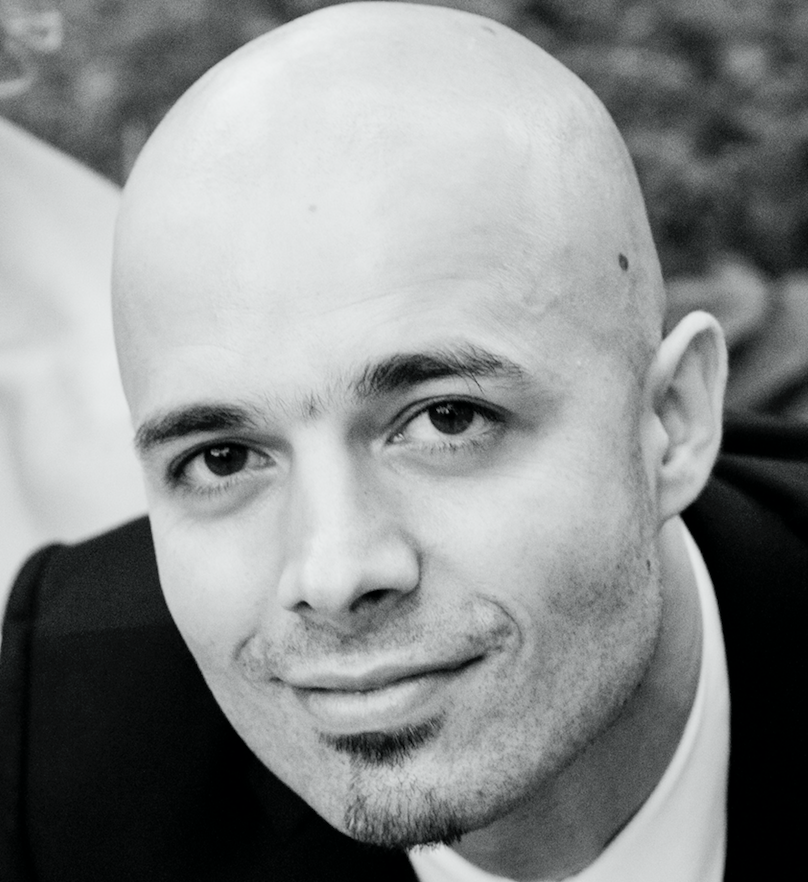Criticize Me Please
“Criticism is something you can easily avoid — by saying nothing, doing nothing, and being nothing.”
Atta boy! You were the best! Awesome job! Such positive statements regarding a job well done or a performance gone right feel good. But, are they helpful?
There are two answers to consider.
On one hand, researchers such as Carol Dweck suggest that specific, process-oriented praise (the three statements above are non-examples) leads to increased effort, builds confidence, and motivates students to learn.
On the other, this study suggests praise may in fact impair skilled performance. It may be because praise does little to help one become an expert - it targets what went well, not what can be improved.
Deliberate Practice
I recently did a TEDx Talk. The audio of the upload stinks so if you choose to check it out you’ll really have to focus to make out my rambling-ons. But it’s deliberate practice I want to focus on here.
Teachers know that mindless repetition of words or facts does little to improve understanding or long term retention. This is why we preach deliberate or smart practice - any strategy involving repeated manipulation of new information in a mindful way to comprehend it better and remember it for potential future application.
When practicing my speech, I tried to be mindful of the places I was getting stuck on and mistakes I kept repeating. I did not practice from beginning to end each time. Rather, I’d pick up in different places. I created a memory palace to help me remember both the sequence of the talk but also its main themes. To accomplish this, I imagined my friends, famous scientists such as Einstein and Michio Kaku, superheroes, and Renaissance men such as Leonardo, Steve Jobs, and Elon Musk. I imagined them in specific parts of my house performing actions related to the topics of my speech. I think it worked pretty well because the talk went smoothly.
But I’d like your opinion.
I’d like your criticism.
Constructive Criticism
So far, I’ve gotten only positive feedback on my TEDx. And… it feels good. But…
I have not learned how to improve.
This was my first large talk. I’m typically an anxious freak when it comes to doing this sort of thing so it wasn’t easy. But I’m also someone who want to live to the max. This means facing my fears and overcoming them to become a better person and a more successful professional. There are two things I need for this to happen. One, I need to keep leaping repeatedly into the abysses of my anxiousness. Two, I need feedback that helps me grow. The “atta boys” don’t help.
Criticism can. It can offer perspectives and ideas we have not thought about ourselves. Taking an honest look at someone’s negative feedback allows us to examine our often flawed assumptions about ourselves and our environment. This in turn promotes critical thinking and problem solving. Even the harsh feedback is an opportunity to practice resilience. And all of the above equals growth.
So criticize me please! Do me a huge solid and watch my talk here and tell me what was weak and where I can improve. Rip me a new one if you will but tell me how I can get better too.
I promise to be a good student. In fact, in the spirit of deliberate practice and using the feedback I receive I will apply to present on Flexible Learning in High School at the 2019 Impact Education Conference (formerly TIES) in December in Minneapolis. I will gladly share all the resources and methods I talk about here as well.
Go ahead punk, make my day. Give me a 1-star review. Just tell me why.
References
Baumeister, R. , Hutton, D., & Cairns, K. (2010). Negative Effects of Praise on Skilled Performance. Basic and Applied Social Psychology , 11, 131-148.
Dweck, C. (2007). The Perils and Promises of Praise. Educational Leadership, 65, 34-39.
Ericcson, A & Pool, R. (2016). Peak: Secrets from the New Science of Expertise.
If you enjoyed this post consider signing up for my newsletter below.
Hi! I'm Oskar. I teach, write, and speak to make learning better.
BOOKS & TOOLS
- December 2025 1
- September 2025 2
- August 2025 5
- July 2025 4
- June 2025 2
- August 2024 2
- July 2024 2
- June 2024 1
- October 2023 1
- September 2023 3
- August 2023 6
- July 2023 6
- July 2022 2
- June 2022 1
- November 2020 3
- October 2020 3
- April 2020 1
- March 2020 5
- July 2019 1
- June 2019 1
- April 2019 1
- January 2019 1
- November 2018 3
- October 2018 2
- September 2018 1
- August 2018 8
- July 2018 11
- June 2018 4
- May 2018 5
- April 2018 2
- March 2018 4
- February 2018 5
- January 2018 3
- December 2017 1
- November 2017 5
- October 2017 7
- September 2017 6
- August 2017 5
- July 2017 3
- June 2017 10
- May 2017 7
- April 2017 7
- March 2017 15
- February 2017 12
- January 2017 13
- December 2016 15
- November 2016 8
- October 2016 7
- September 2016 12
- August 2016 14
- July 2016 10
- June 2016 13
- May 2016 10
- April 2016 8
- March 2016 5
- February 2016 7
- January 2016 6
- December 2015 5
- November 2015 8
- October 2015 2









